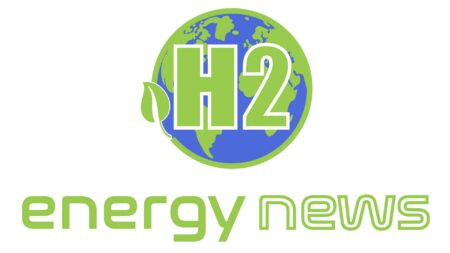The German Embassy in Nigeria and the German-Nigerian Hydrogen Office have collaborated to promote low-carbon hydrogen as a key piece for a just energy transition.
Browsing: Germany
Europe’s largest steel group, ArcelorMittal, is planning to construct a pilot plant for climate-neutral steel production in Hamburg. The company is relying on the expansion of the Hanseatic city into a hydrogen metropolis, without which CEO Uwe Braun says the plan will not work. According to Braun, the company needs “affordable and available” green hydrogen, which is currently not readily accessible.
The German Environmental Aid (DUH) has raised concerns that loopholes in the upcoming heating replacement could delay the end of fossil fuel systems and cost consumers dearly. The DUH, along with other organizations, has warned that the approval of “H2-ready” devices, which are gas heaters that can be converted to hydrogen, may lead to the continuation of gas heating systems.
In the EnergyNews.Biz hydrail interviews series, we talked with Dr Holger Busche, scientific advisor for energy and traffic at the provincial parliament in Northern Germany and the federal Bundestag.
The Wyhlen hydropower plant, run by EnBW subsidiary Energiedienst, is currently being constructed and will have the biggest production capacity for green hydrogen in southern Germany.
The energy crisis has had a severe impact on the German economy. The nation suffered economic losses of around 60 billion euros last year as a result of rising energy costs. According to German Minister of Economic Affairs Robert Habeck, that number this year might easily reach 100 billion euros.
Last May, German Minister Bettina Stark-Watzinger brought RWE and Shell to Australia to discuss hydrogen with bankers, investors, and politicians.
Germany will need to buy green hydrogen from other nations in the future energy grid. The Research Center Jülich (FZJ) has constructed an African hydrogen atlas and investigated the possibilities of the African republics south of the Sahara.
Alparslan Bayraktar, the Turkish Deputy Energy Minister, recently attended the ninth Berlin Energy Transition Dialogue, where he announced Turkey’s detailed plan to reduce its CO2 emissions by 2053.
The Taunus network’s shift to hydrogen trains continues to experience setbacks, causing reliability issues. To ensure passenger safety and convenience, the Rhein-Main-Verkehrsverbund (RMV) will offer bus replacement services for the regional train line RB1 beyond April 15 as a “fallback level.”




